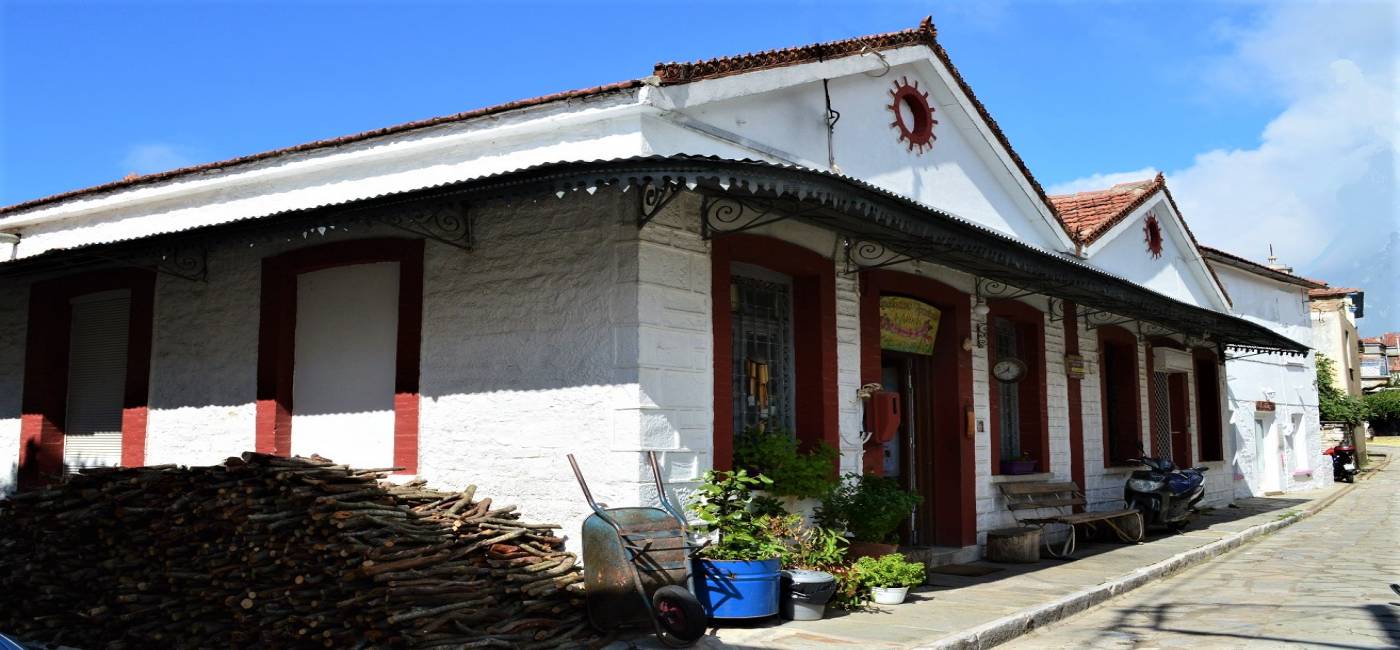Lafkos
If Lafkos were a Greek island, it would be Ikaria. Are you wondering why? Well, in both places, time doesn't really matter. The villagers live their lives without stress and with close ties to friends and family. They love music, dancing, good food, and tranquility.
Cars are not allowed in the village of Lafkos. The sounds here are soft, natural, and often resemble a lullaby. The rustling of the leaves on the huge plane trees, the chirping of the birds, the cracking of the plates and cooking pots in the kitchens, and the joyful voices of the village kids fill the air with life.
The locals know, respect, and make the most of the village history. The first inhabitants gathered here in the 15th century, fleeing the Ottomans and pirates, who at the time were raiding the Aegean sea. Their hard work and a deep desire to succeed soon led to prosperity and affluence. Capable merchants, craftsmen, and sailors, the Lafkiotes traveled all around the Mediterranean and brought back home new ideas that can be seen in the village architecture.
Visitors can feel the love of the locals for their village’s past and the culture of Pelion. Indeed, Lafkos is a tiny village, yet boasts two museums (Radiophone Museum and Historical Museum) as well as the oldest known kafeneion in Greece, allegedly operating non-stop since 1785. To top everything off, the traditional bakery of the village is housed in a building designed by Evaristo De Chirico, which resembles a train station rather than a shop! As if all these were not enough to attract travelers’ attention, locals and alien residents alike offer year-round classes on bee-keeping, Pelion herbs, traditional cooking, and much more. Lafkos is one of the true gems of the Pelion region and one that should not be missed on your travels.


